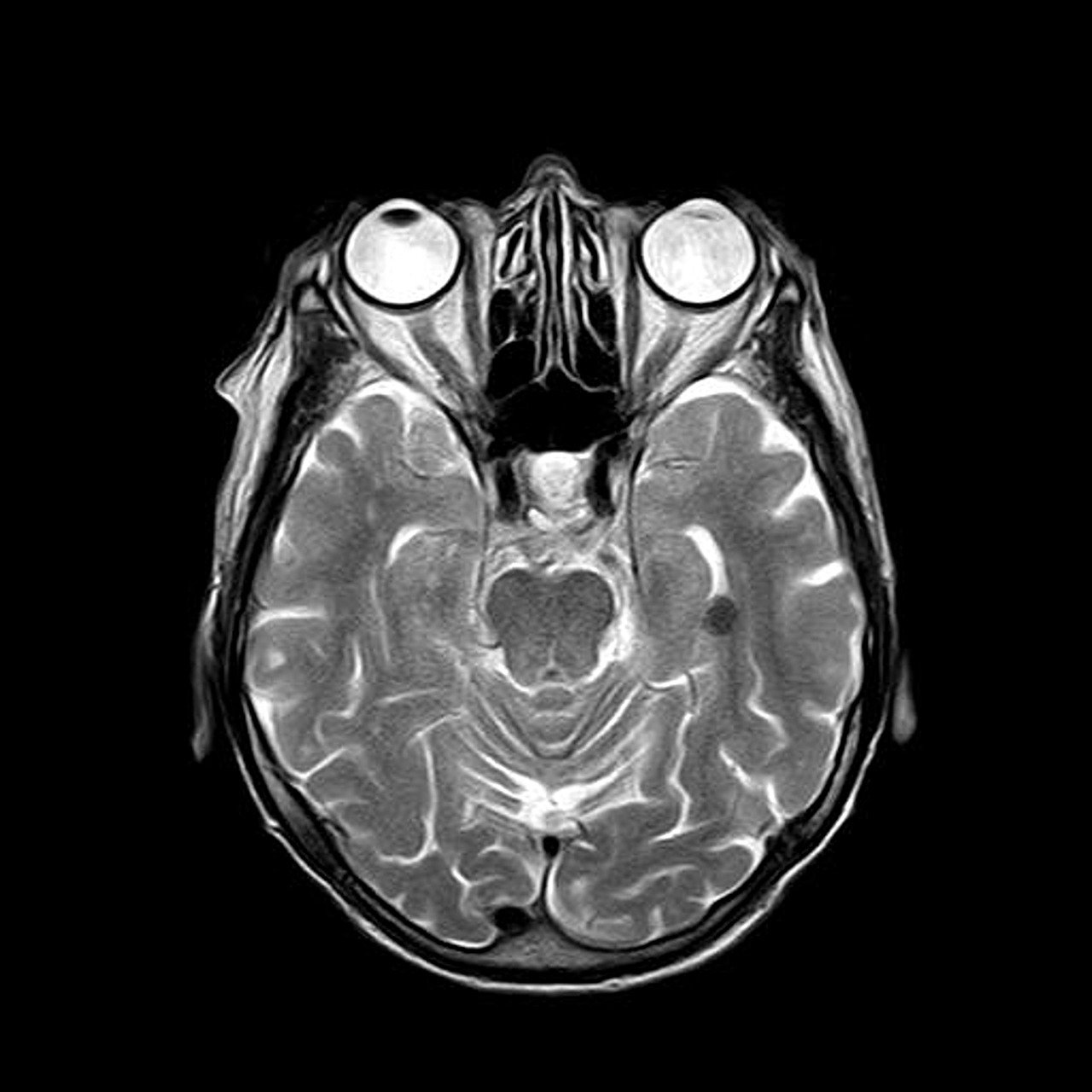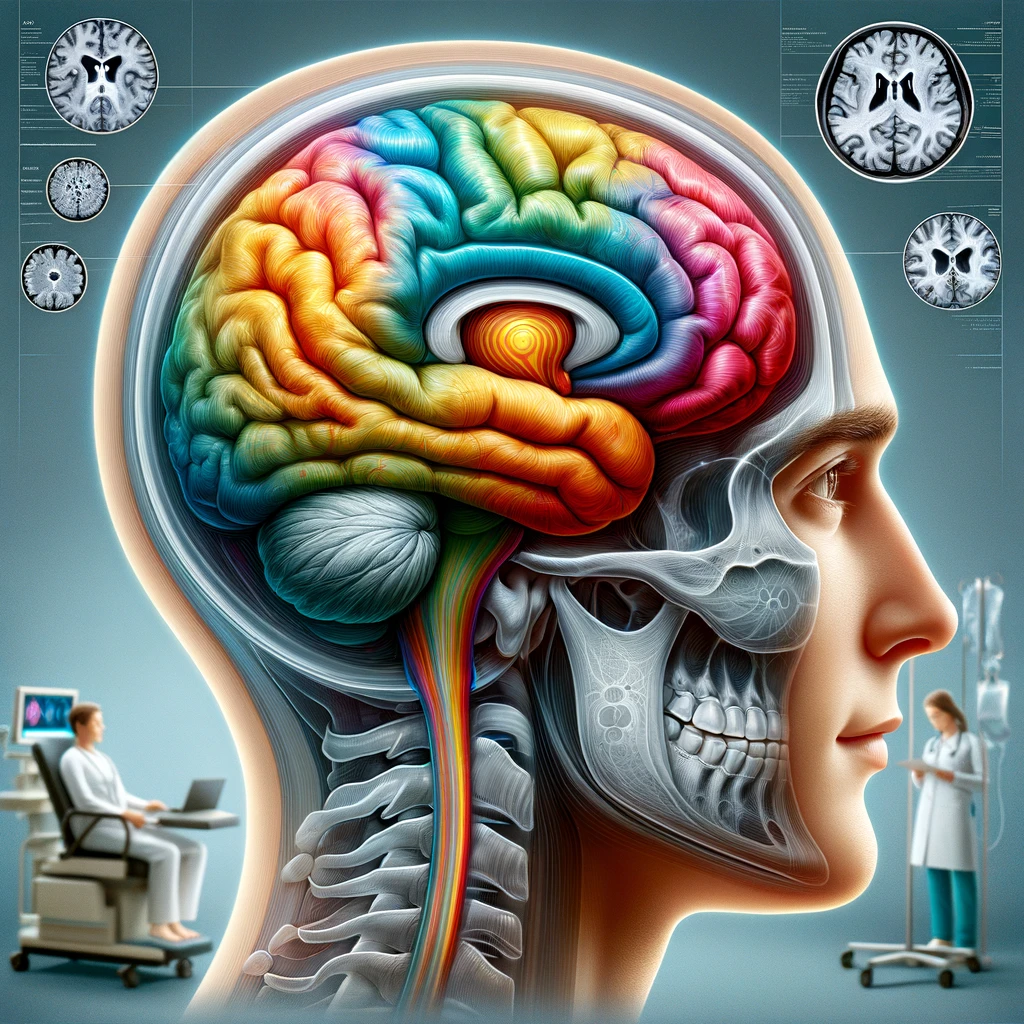Misdiagnosis in Functional Neurological Disorders (FND)
Functional Neurological Disorders (FND) present with symptoms that lack clear organic causes and mimic other neurological disorders. This overlap complicates diagnosis and significantly increases the likelihood of misdiagnosis. Traditionally considered a diagnosis of exclusion, the approach to FND has shifted towards inclusion based on specific clinical indicators. Despite advancements in diagnostic techniques and a growing understanding of FND’s pathophysiology, misdiagnoses remain common. These are often exacerbated by persistent misconceptions, such as viewing FND as solely psychological or suspecting symptom feigning. Misdiagnoses lead to inappropriate treatments, which are costly, potentially harmful, and psychologically damaging to patients. This paper reviews the challenges and impacts of FND misdiagnosis, emphasizes the importance of an informed, multidisciplinary approach for accurate diagnosis, and suggests advancements in neuroimaging and clinical education as critical tools for improvement.
Misdiagnosis in Functional Neurological Disorders (FND) Read Post »



